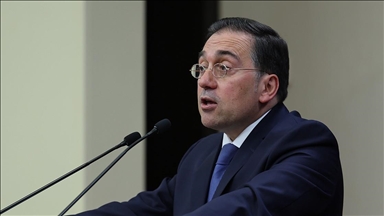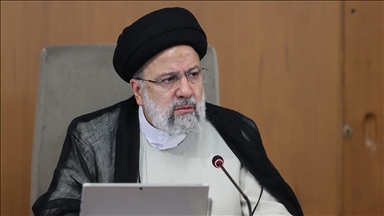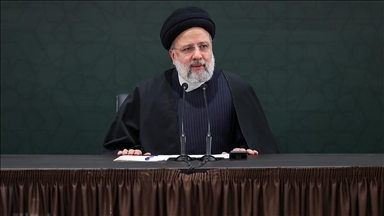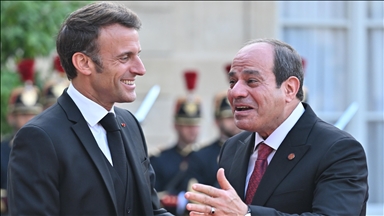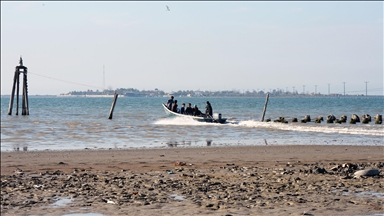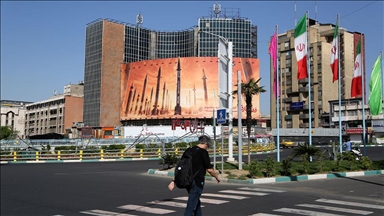‘Iran seeks peace, security in region by choice'
‘U.S.'s anti-diplomatic approach is against international law, all achievements of diplomacy,’ says deputy foreign minister
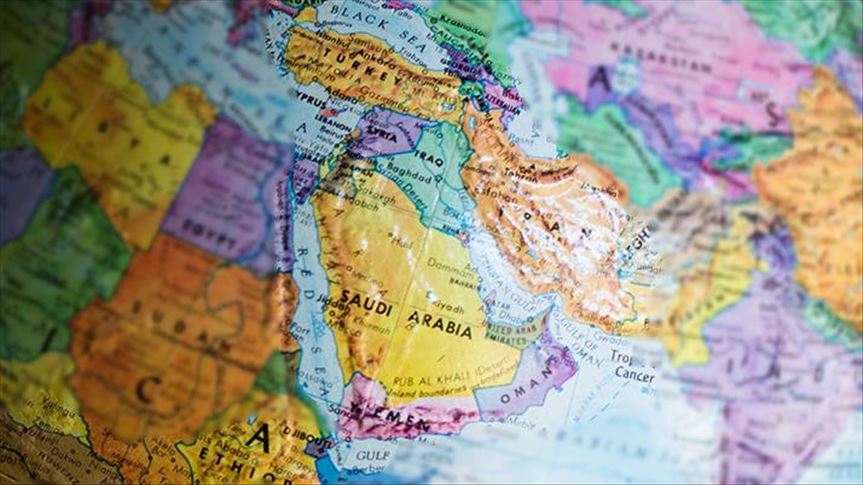
ANKARA
Iranian diplomacy rests on the principles of peace, Tehran's deputy foreign minister said Wednesday.
“Iranian foreign policy has been consistent with making peace a possibility for everybody,” Seyed Kazem Sajjadpour said in a speech on the relationship between Iranian foreign policy and peace at a seminar entitled “Peace, Diplomacy and Iranian Foreign Policy" organized by the Department of Political Science and International Relations at TOBB University of Economics and Technology.
“Diplomacy and peace are the two public goods and commodities that we need everywhere and every time,” he said.
Sajjadpour highlighted the anti-diplomatic approach and provocations of the U.S. toward Iran.
He argued that Iran developed an absolutely diplomatic approach over two and a half years by negotiating with six parties, including the U.S., through diplomatic channels and in accordance with UN Security Council resolutions.
He criticized the cancellation of the ongoing process by the Trump administration without any legal justification.
Underlining that the U.S. abrogated its own commitment, Sajjadpour said, “That is very undiplomatic and against international law, international organizations and all the achievements of diplomacy.”
“All what they did was against their own signature.”
World powers had agreed in 2015 to lift economic sanctions imposed on Iran in return for Tehran agreeing to limit its nuclear activity to peaceful and civilian purposes.
The agreement was signed between Iran and Russia, China, France, the U.K. and the U.S. plus Germany.
U.S. President Donald Trump unilaterally withdrew the U.S. from the deal last year, accusing Iran of cheating on the agreement.
The Trump administration has recently intensified pressure on Tehran by re-imposing sanctions targeting the country’s energy, banking and metals sectors.
Sajjadpour criticized the U.S.’s policy of “maximum pressure”, which he described as “pressure to accept the will of a superpower”.
This is an impossibility for a country like Iran, whose political system is a product of a revolution based on the slogan of “independence, liberty and the Islamic Republic”, according to Sajjadpour.
“Iran will remain independent and will not accept the will of others,” he said.
Maximum pressure will be met with be maximum resistance, he added.
Building peace and security in region without Iran is impossible
Secondly, Sajjadpour stressed that the issue goes beyond Iran, and the U.S. is trying to impose its hegemony even on its allies.
“It is impossible to have hegemony in today’s world anymore, either global or regional,” he said.
“Iran is not just an issue for Iranians but an issue for the region and the world,” Sajjadpour said.
“What is happening vis-a-vis Iran is going to impact not just Iran per se, but the region and the global situation,” he added.
“If Iran is ignored, marginalized and demonized, we can’t have peace and security.”
Cooperation through diplomacy
Thirdly, Sajjadpour said that cooperation with Iran through diplomacy has been working in different areas, including the bilateral relationship between Iran and Turkey.
Sajjadpour stressed that Iranian-Turkish relations have been based on diplomatic interaction.
“Iranian-Turkish borders are the most stable borders in the region,” he said.
Praising Turkey’s stance on the S-400 issue, Sajjadpour said this is a decision of Turkey, not other powers.
He also stressed that Turkey is a member of many regional and global military organizations and defends its interests, position and rights.
Tensions between the U.S. and Turkey have reached a fever pitch in recent months with Turkey set to begin receiving Russia’s advanced S-400 surface-to-air missile system.
U.S. officials have said Turkey should buy the U.S. Patriot missile system rather than the S-400, arguing it is incompatible with NATO systems and is a threat to the F-35 fifth-generation stealth aircraft.
Turkey responded that it was the U.S.’s refusal to sell it Patriots that led it to seek other sellers, adding Russia offered a better deal, including technology transfers.
U.S. officials have suggested that Turkey might be removed from Lockheed Martin's F-35 program and lose 100 promised F-35 warplanes and face sanctions.
Anadolu Agency website contains only a portion of the news stories offered to subscribers in the AA News Broadcasting System (HAS), and in summarized form. Please contact us for subscription options.


